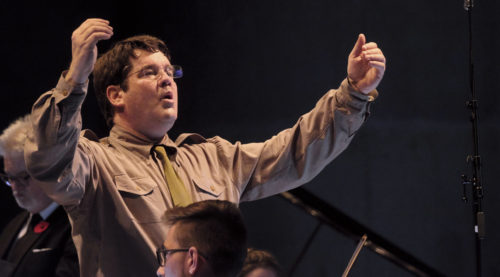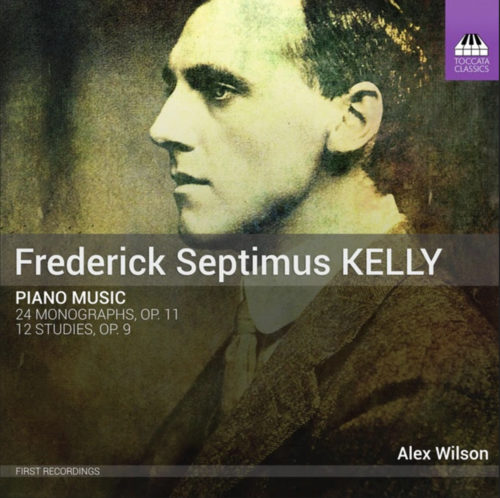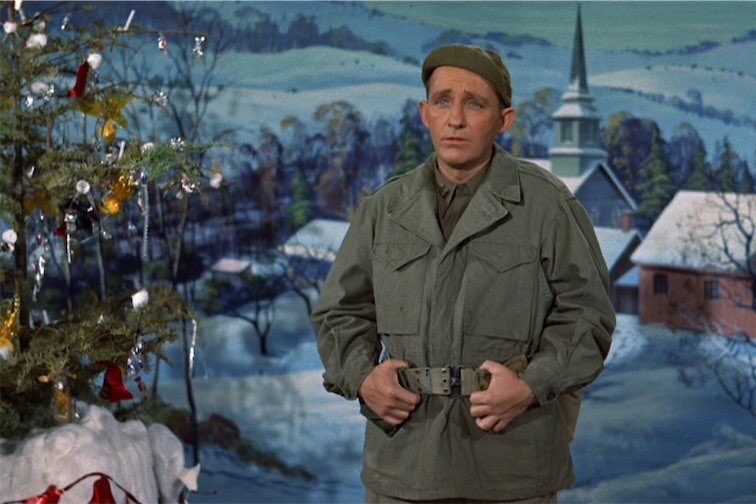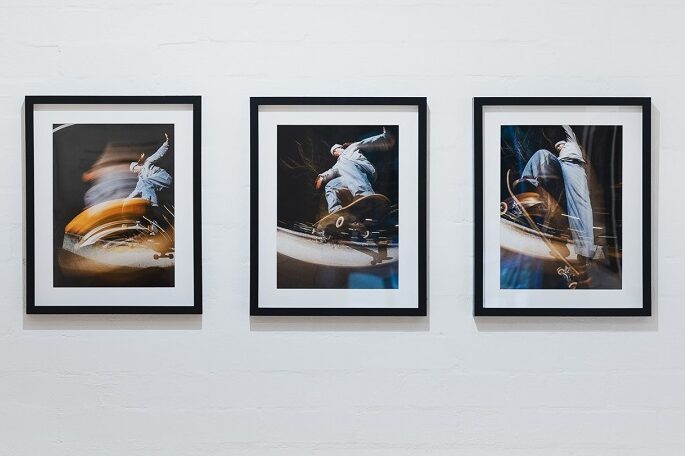
THE recent virtual launch in the UK by Aussie pianist Alex Wilson of “Kelly Studies and Monographs” CD has prompted a catch-up with Chris Latham, 2013 “CityNews” Artist of the Year, artist-in-residence at the Australian War Memorial and director of “The Flowers of War”.

The “Kelly” of Wilson’s CD was, of course, Australian-born composer, pianist, Olympic rower and WW1 hero, Frederick Septimus Kelly, who served at Gallipoli then died at the age of 35 at the Battle of the Somme in 1916, leaving behind him a body of musical works which have become the centrepiece of Latham’s ongoing “Flowers” project highlighting composers who were lost in battle.
“We had 82 people logging on, mostly in the UK,” Latham says of the Wilson launch, a good number by British estimates, he is told. As well, Martin Anderson who runs the Toccata Classics label, wants another release, possibly of Kelly’s two-piano music.
Latham has been actively promoting and recording Kelly’s vocal, chamber and piano music over the last few years and pianist Wilson sees his work as “melodically lyrical and fiercely virtuosic”. Latham is equally fascinated by Kelly and once contemplated doing a PhD on him, but as “The Flowers of War” progresses in time to later arenas of battle, he has other fish to fry.
He’s been arranging and writing throughout the lockdown and is now halfway through his “Vietnam Requiem: Our War Abroad and At Home”, a sequel to “The Diggers’ Requiem” and “a ball breaker if ever there was one”.
“I thought the Great War was hard, but I was dreaming. Vietnam was a very hot war in the midst of the Cold War. The wound is deep and the stories vast and varied. They grab at you like nightmarish tentacles and don’t let go,” he says.
He is particularly keen for any retired members of the intelligence community, south Vietnamese refugees, Army of the Republic of Vietnam veterans, Australian and New Zealand veterans and civilian medical teams to contact him at team@theflowersofwar.org to discuss their experiences.
Because the people who experienced it are still alive, Latham believes it is now necessary to be overt about making music to assist with healing, but the other objective with “The Flowers of War” is cultural recovery – “To make something, recover something”.

That’s why Kelly is so important to the project.
“We are reviving a forgotten composer, FS Kelly, ‘Sep’ to his friends,” Latham explains. “With the centenary behind us, the narrative now shifts to his life.”
To him, there is something “Mozartian” about Kelly. His pieces are models of perfection he composed mainly in his head, writing the music down only when the piece was complete. Both Kelly and Mozart were wunderkinds, both dead at 35.
“Kelly is not Mozart, but the echoes are strong nonetheless,” he says.

When the lockdown occurred, the west Australian pianist David Wickham contacted Latham, desperate for something to do. Latham gave him Kelly’s last remaining works, and he has spent the last few months typesetting them, resulting in a volume of more than 250 pages of Kelly’s music, which disputes the assertion that his repertoire was small.
During the lockdown, Latham’s also been making a string orchestra arrangement of Kelly’s most impressive work, his String Trio, championed by the cellist Pablo Casals and the violinist Jelly d’Aranyi, who loved Kelly in an unrequited relationship.
“I found the corrected String Trio parts in her music collection, along with the ‘Gallipoli Sonata’ in Florence in 2012… Somehow they felt so intimately tied together that I remember feeling I was intruding at first. Instead of a violin concerto, he wrote her a violin sonata, as well as the portrait of her in the slow movement of the Trio,” Latham says.
Once the lockdown is lifted and concerts resume, his idea is to premiere the string orchestra version, to be titled “Bound by Fate”, with the Queensland Conservatorium Chamber Orchestra.
“The Flowers of War” has strong connections to Brisbane, Latham explains, and indeed his earlier epic “Gallipoli Symphony” had its Australian premiere there at the Queensland Performing Arts Centre. He will dedicate it to Richard Tognetti and the ACO, thanking them for Latham’s own time there.
He grew up there, QPAC is going to present the future he is making, his stepmother, Gemma Carey, is the acting director at the conservatorium there. His oldest friend the violinist Graeme Jennings is there, and so are many musicians he admired from the ANU and the Canberra International Music Festival, indicating “a really positive connection between Canberra and Brisbane. Things feel possible… I think we finally have an Australian String Warhorse… heroic in scale and scope”.
The latest “flower” to have bloomed, Latham says, comes in the form of Michael Walsh’s interest in making two short films about the pieces Kelly wrote in the trenches. Professor Walsh, who works at Nanyang Technological University in Singapore, specialises in fine arts and memory, and makes films as part of his research.
The idea is to film performances in those places on the same date and in the same season that Kelly wrote them. Latham is the go-to expert on such places, down to 100 metres. Once made, the films will be screened at the Australian War Memorial.
Planned locations, once travel normalises, include France, where Latham’s musicians will play “Somme Lament”, and the island of Skyros, where Kelly and his friends buried the poet Rupert Brooke, and where Kelly first heard the melody that would become “Elegy for Rupert Brooke”.
“Vietnam Requiem: Our War Abroad and At Home” will take place at Llewellyn Hall on June 6, 2021
More information on the project may be found at theflowersofwar.org
Who can be trusted?
In a world of spin and confusion, there’s never been a more important time to support independent journalism in Canberra.
If you trust our work online and want to enforce the power of independent voices, I invite you to make a small contribution.
Every dollar of support is invested back into our journalism to help keep citynews.com.au strong and free.
Thank you,
Ian Meikle, editor




Leave a Reply